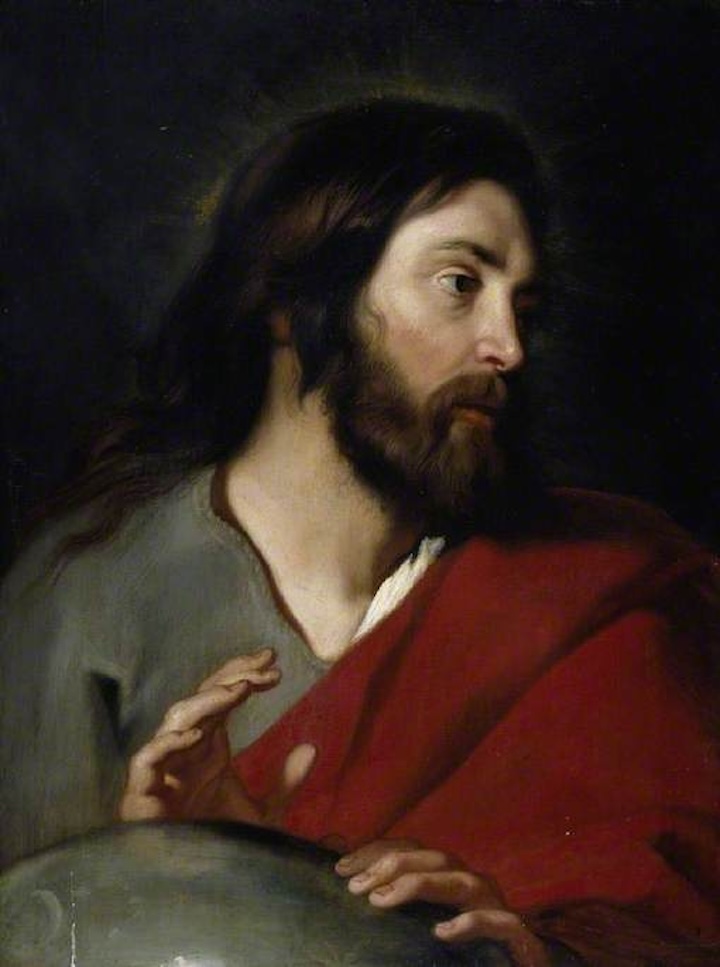As the Lord Jesus was preparing to ascend to the Father, He gave His Apostles and the nascent Church that surrounded them, the Great Commission. He told them boldly, “Go therefore and make disciples of all nations, baptizing them in the name of the Father and of the Son and of the Holy Spirit, and teaching them to obey everything that I have commanded you. And remember, I am with you always, to the end of the age.” (Matthew 28:19-20)
The commission was taken to heart and the apostles and disciples went throughout the known world, with Saint Thomas reaching India, Saint James the Greater preaching in Spain, and Saint Mark and others evangelizing in North Africa. The apostolic zeal was unrelenting. A commission was given, and a commission was going to be fulfilled.
The early Christians knew the power of the Gospel and the immense opportunity for eternal life that was being offered to humanity by the Lord Jesus. They wanted to proclaim the liberating message of the Lord to all the world with the hope that all might be saved in Jesus Christ.
The early Church knew they had something that was unparalleled, unmatched, unequaled, and unrivaled by anything in our fallen world. They knew the Gospel to be a “pearl of great price,” as the Lord Jesus told them, and they were willing to do anything to receive it and to provide the opportunity for others to receive it. (cf. Matthew 13:45-46).
They did not succumb to the syncretism of the Greco-Roman world. They refused efforts to merge the Gospel of Jesus Christ with mystery cults, imperial worship, or polytheistic tendencies. The Gospel did not need anything to legitimize or give it credibility. The Gospel stood in its own right and power.
Philosophies and ways of thinking were baptized, but only if they could serve the Gospel. The unicity of the Lord Jesus and the integrity of the Gospel were untouchable. The early martyrs staked their lives on the truths of the Gospel.
Do the successors of the Apostles today still have this level of conviction and zeal? Do Church leaders still regard the Gospel as a pearl of great price?
The famed Reformed theologian Karl Barth was invited to be an ecumenical observer at the Second Vatican Council. Because of poor health, Barth could not attend. But he later visited Rome and was hosted by the Vatican’s Secretariat for Christian Unity. He submitted various questions because he was intrigued by the Council’s vision and methodology. His questions and reflections are gathered together in his book, Ad Limina Apostolorum: An Appraisal of Vatican II.
About Gaudium et Spes, Barth asks, “Is it so certain that dialogue with the world is to be placed ahead of proclamation to the world?” And regarding Ad Gentes: “How is this decree related to the Constitution on the Church, to that on the Church in the Modern World, and to the Declaration of Religious Freedom? On the basis of these other documents the reader is not prepared for the magnificent basic thesis of this decree according to which ‘the Church is missionary by her very nature,’ and mission is the concern of the Church because it is the Church.”

While we would expect some disagreement between Catholic doctrine and a Reformed theologian, it’s noteworthy that Barth’s concerns revolved around whether the Church was forgetting her missionary mandate as herald of the Gospel.
The Conciliar teachings are a gift of the Holy Spirit. They stand within the vast array of Sacred Tradition (which includes twenty other ecumenical councils). Still, Vatican II’s overall vision and method of accommodation to the world has become problematic. It has grown beyond a mere propaedeutic and has become the central tenet of supposed reform.
Accommodation is no longer a method, but a mandate. And the Gospel is placed in a subordinate role to a fallen world.
At what point do we acknowledge that we’ve accommodated enough to the world? What exactly are we hoping that the fallen world will contribute to the Gospel message? At what point, do we realize that we’ve stopped evangelizing and are in fact being evangelized by the false gospel of a world at odds with the grace of God?
Certainly, there are fields of knowledge – like certain philosophies that existed in the ancient world – that can assist the Church in understanding the Gospel and certain tenets within the saving message of Jesus Christ. But have we been as diligent and austere as our forebears in discerning what should be baptized and admitted into the intellectual and pastoral treasury of the Church and what should be outright denounced and discarded from it?
To quote Dietrich von Hildebrand, have we allowed a Trojan Horse in the City of God?
The Gospel is not assisted by acquiescence in social movements of reverse discrimination, political agendas for the dismantling of national borders, the LGBT+ movement’s attempt to normalize disordered – and in some cases deviant – ways of living, the transgender effort to redefine rudimentary anthropology, and other such social fads and ways of thinking.
Despite the inclination of some of the Church’s shepherds to accommodation and compromise, the Church of Jesus Christ stands on solid ground. The Gospel can be eclipsed, but never vanquished. It can be ignored, but never lost.
The Church is weakest when her identity with Jesus Christ is diminished, and currently, she is being evangelized by a fallen world. The Church is strongest, however, when the successors of the Apostles and disciples within her are faithful to the Great Commission, exercise apostolic zeal, and boldly announce the Gospel.
The Church is at her best – she is irresistible – when she is actively evangelizing the world and boldly proclaiming the Gospel of Jesus Christ to the nations. This is her commission. This is the Church’s bill of health.















